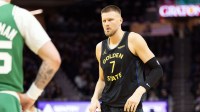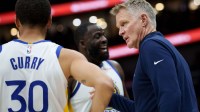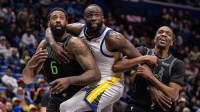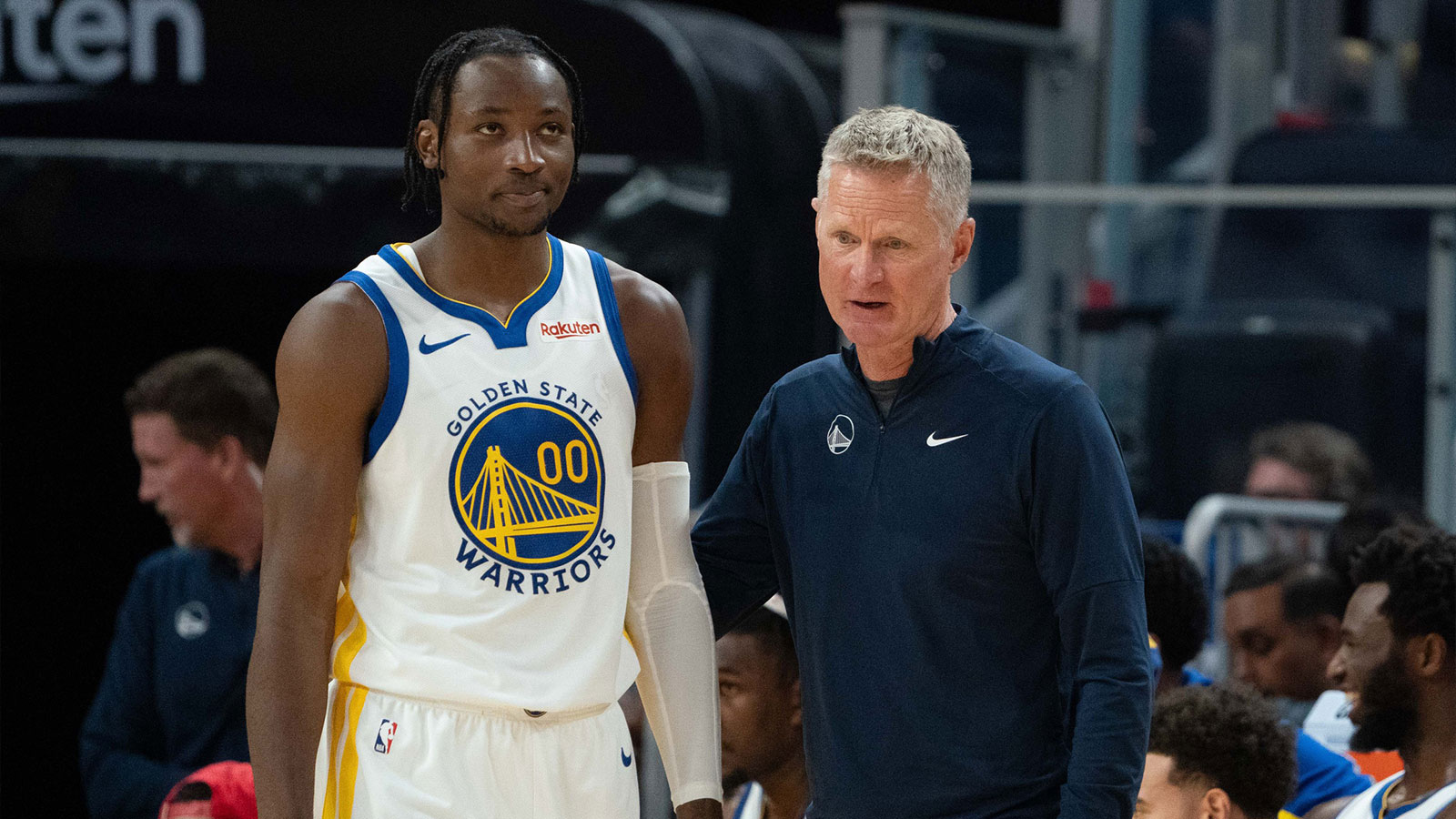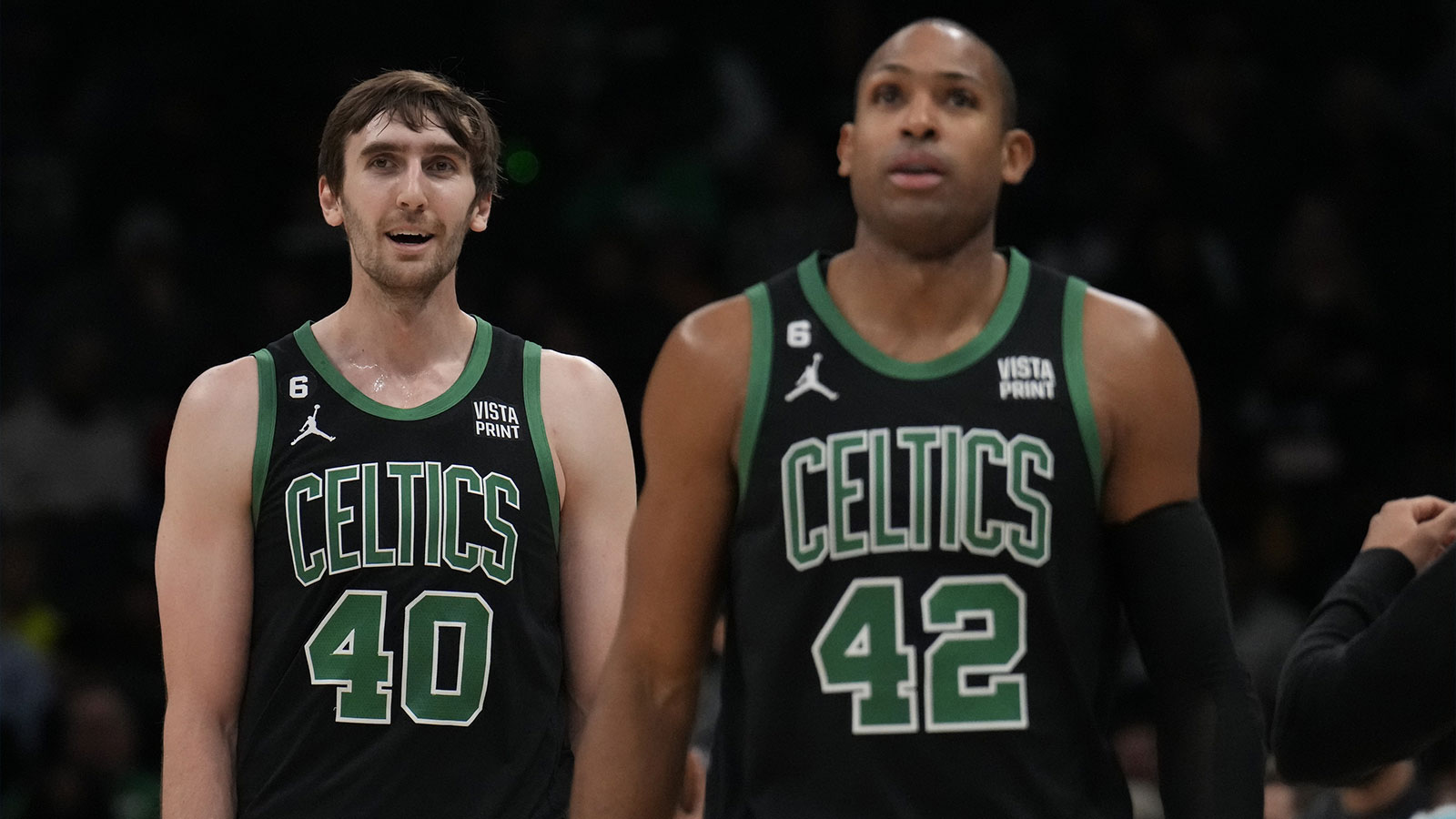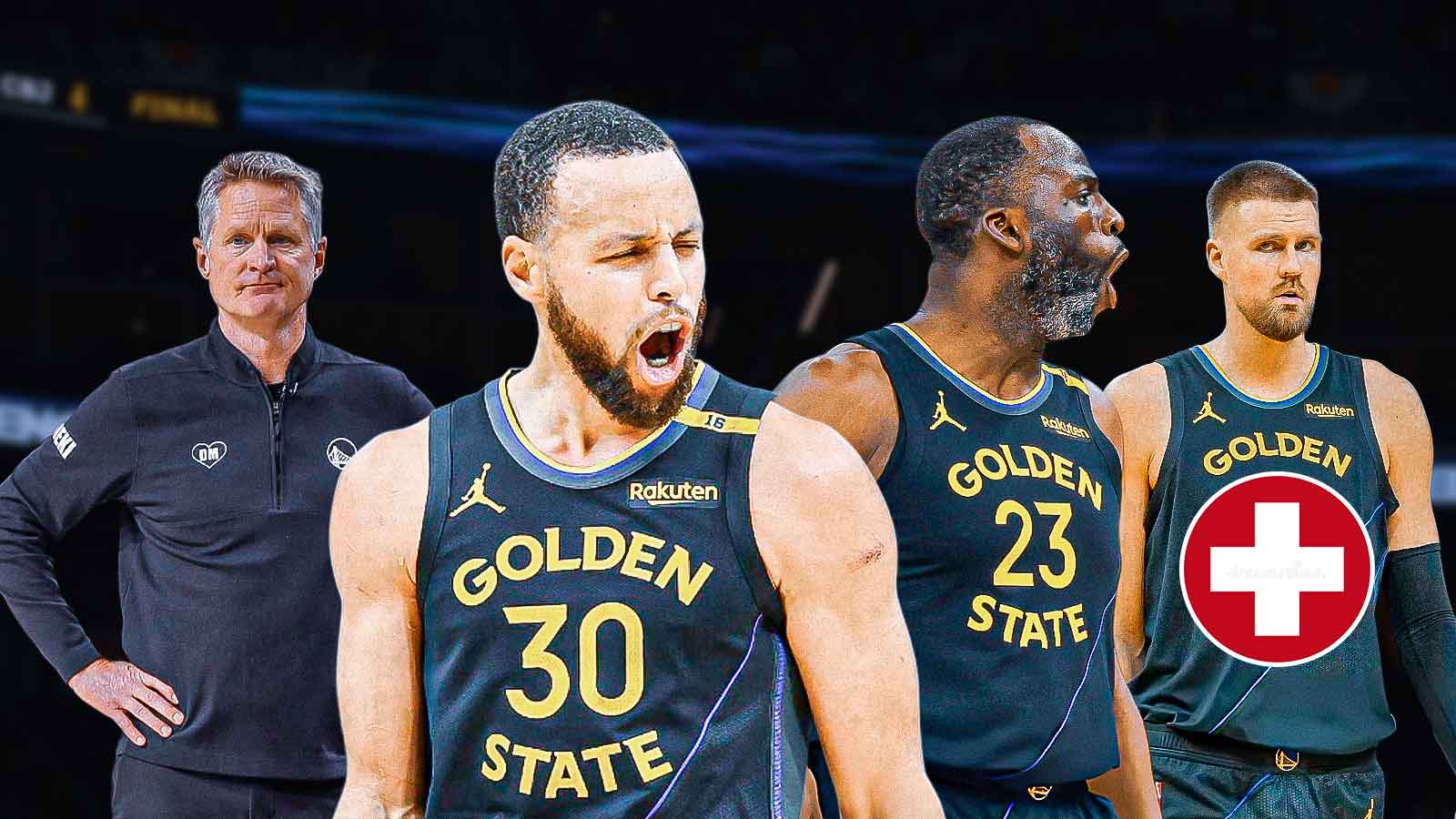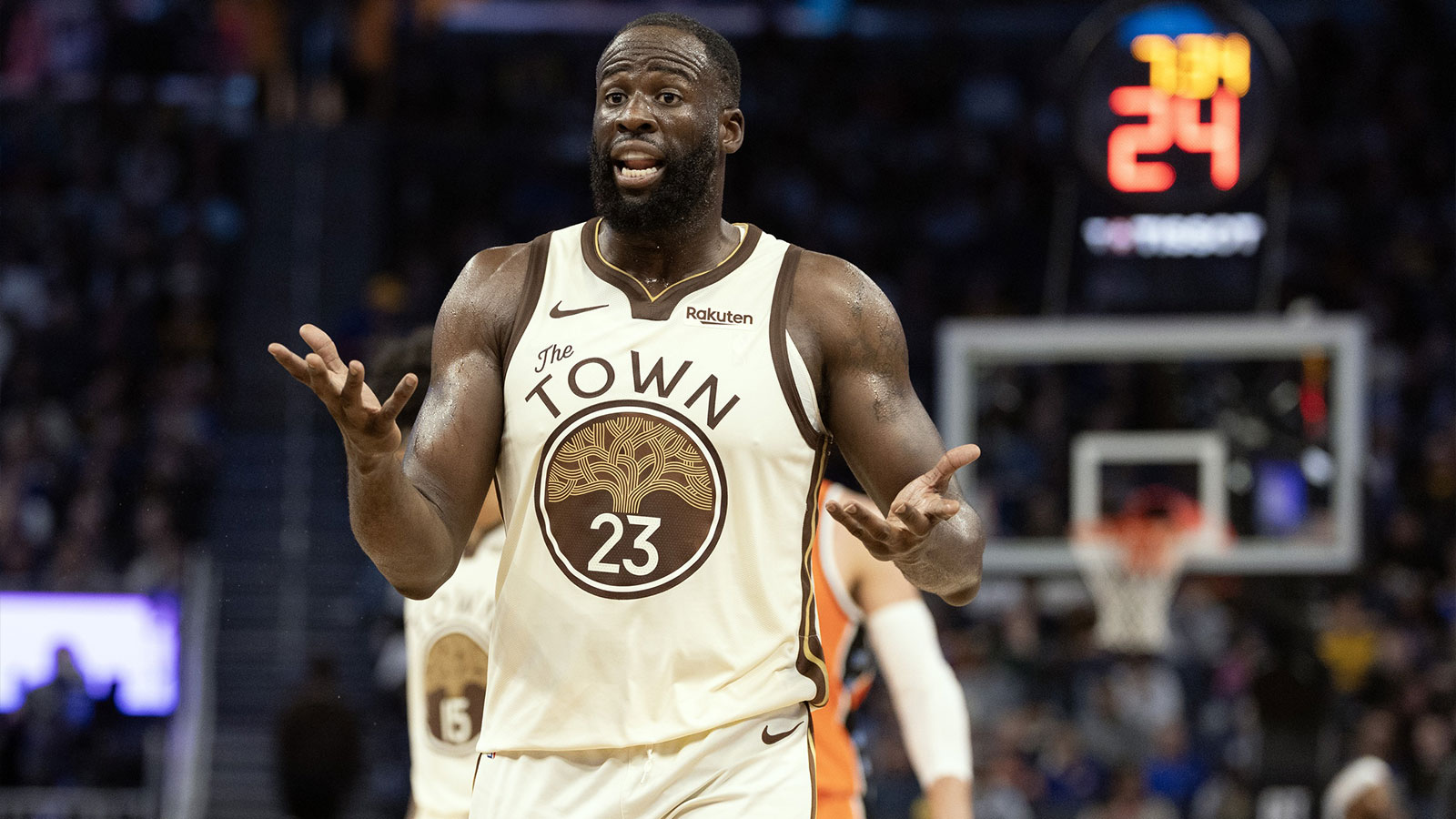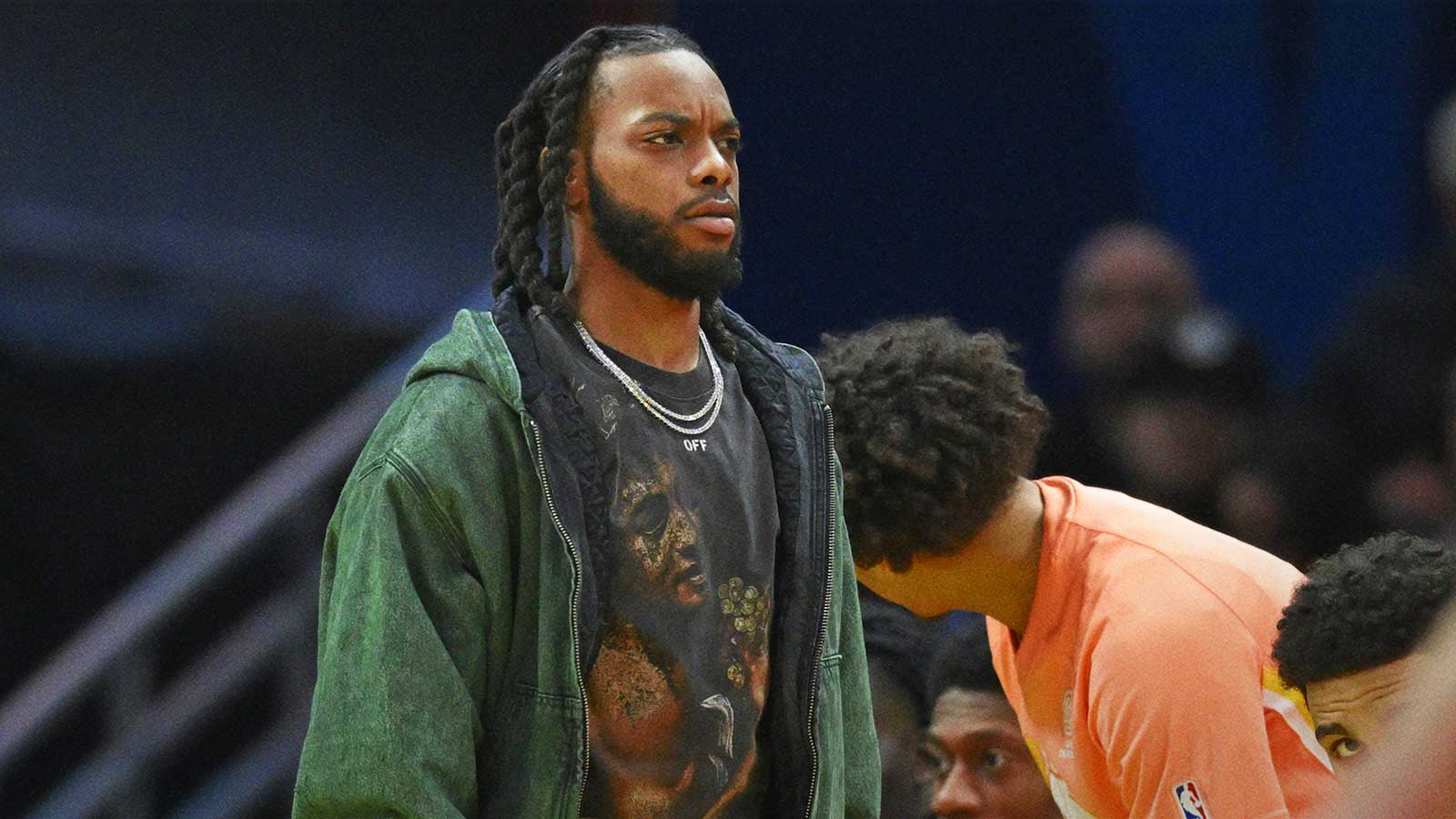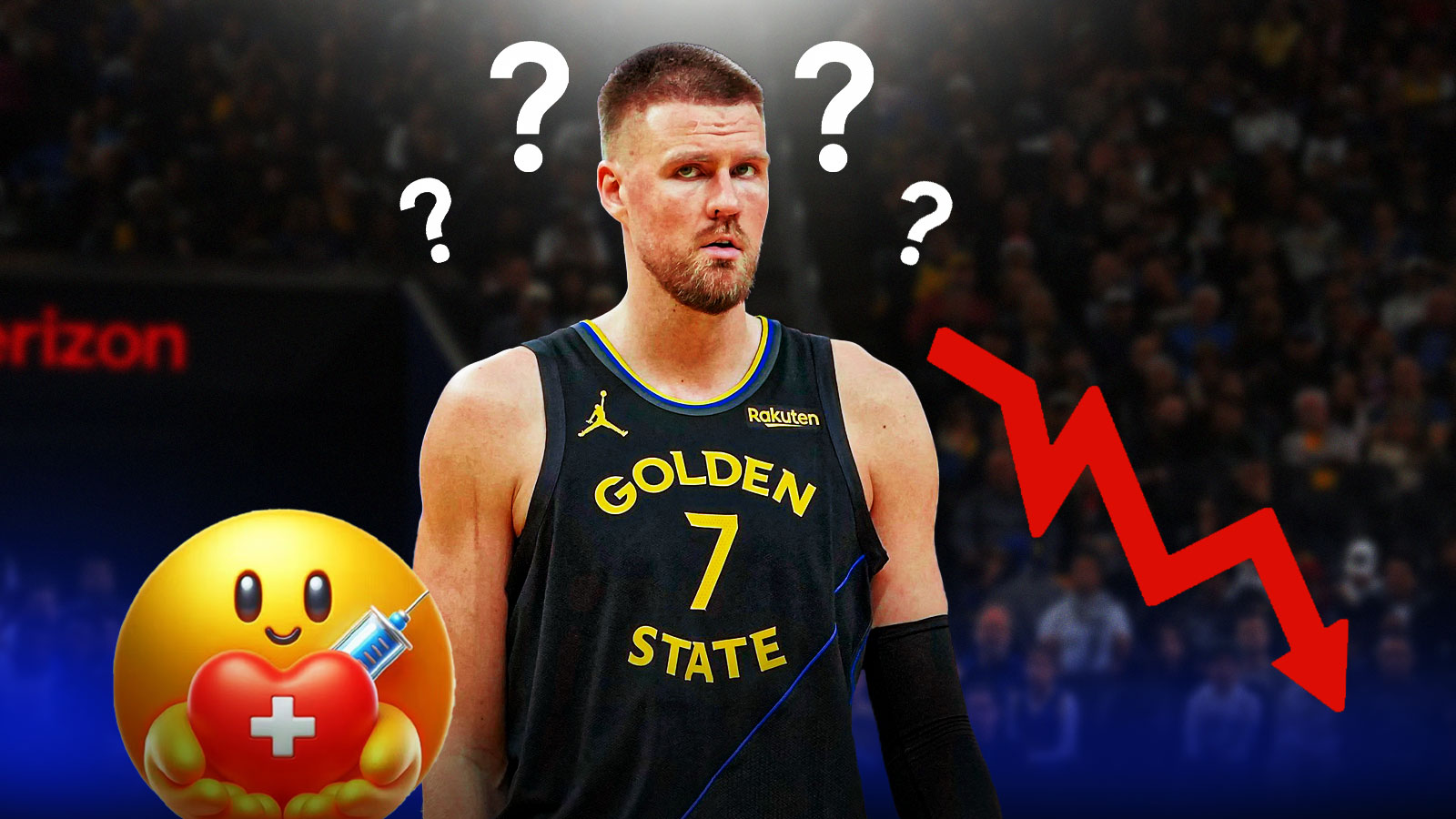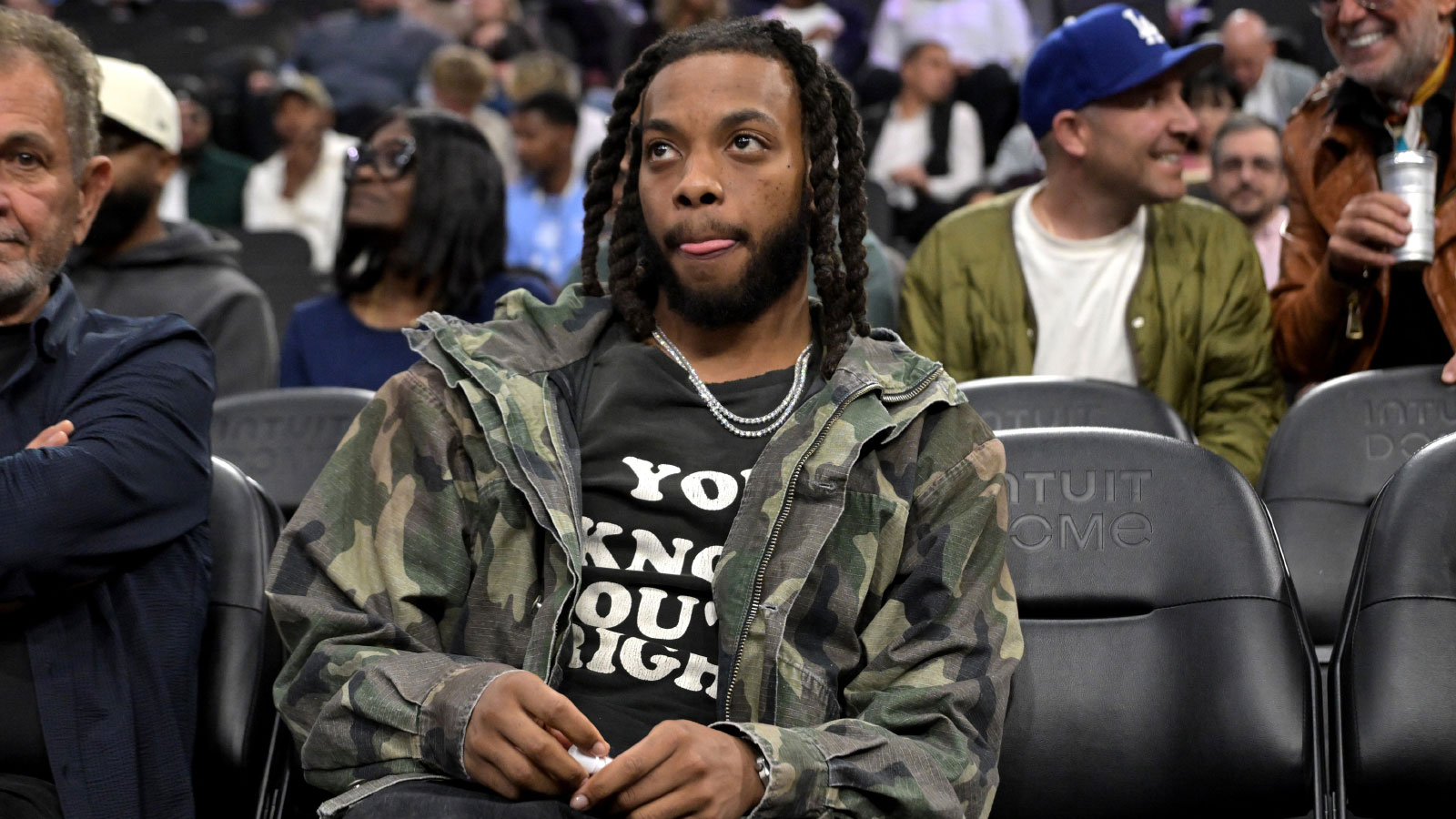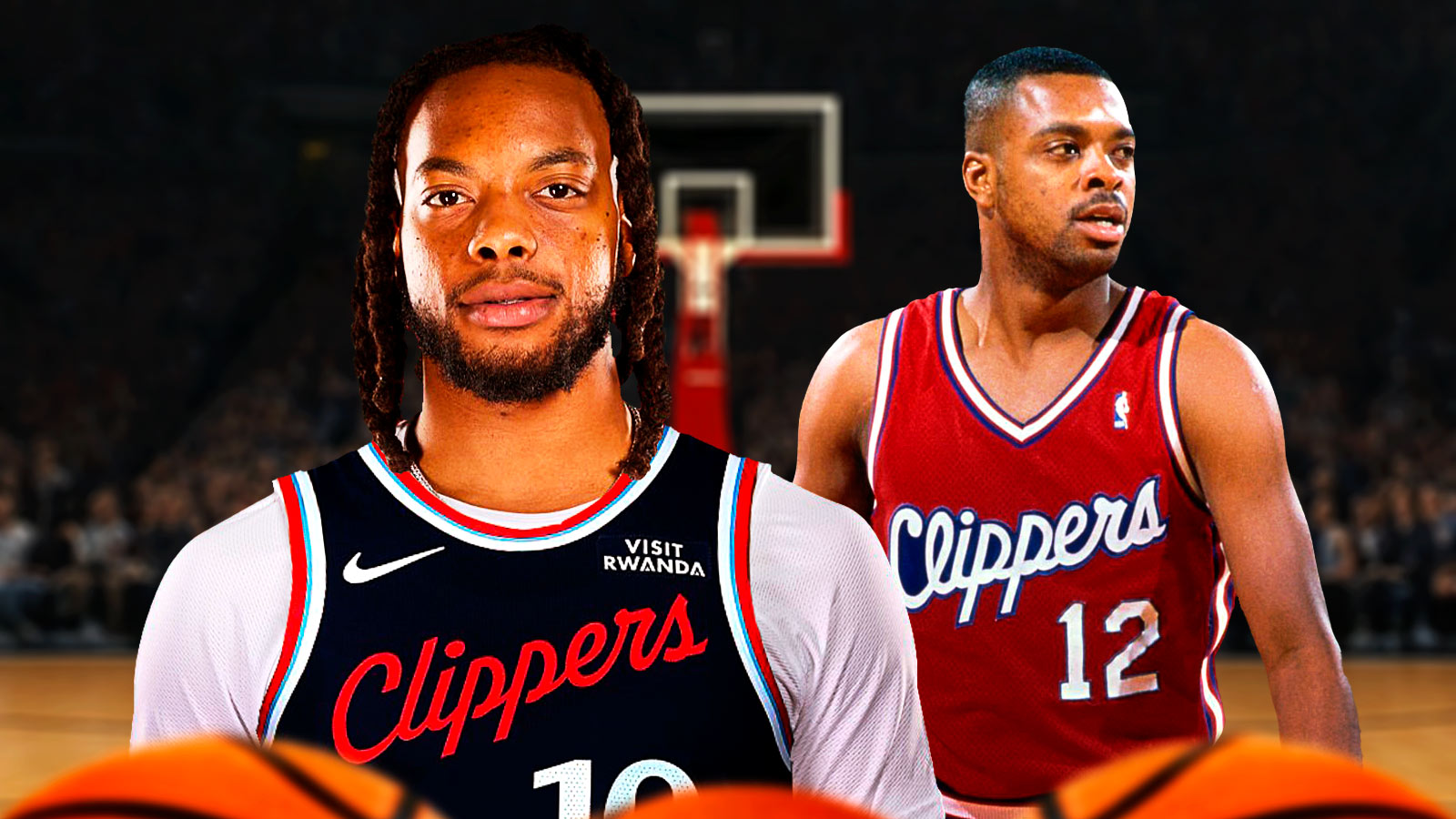Just less than two years ago, after his team avenged a historic loss to LeBron James and the Cleveland Cavaliers by beating them in five games to hoist the Larry O'Brien Trophy, Steve Kerr called newly-minted NBA Finals MVP Kevin Durant the second-best player in the world. Now, as the Golden State Warriors fight to win an unprecedented fourth title in five seasons, Kerr is singing a slightly different tune about the superstar many believe will leave the Warriors in free agency this summer.
“He's the best player in the world,” he said of Durant last week.
The context of Kerr's comments matter here. He'd just watched Durant drop 50 points on 26 shots in a close-out game over the gritty Los Angeles Clippers, not only setting a second-consecutive career-playoff high, but also becoming just the third player ever to score that many points on that few amount of field goal attempts. Kerr just had a front-row seat to an all-time great's all-time performance, and reacted appropriately.
Watching the final four games of the Clippers series, it seemed impossible that anyone on earth could possibly be better at basketball than Durant.
There was a time not long ago when the notion of Durant being the league's best player, or at least eventually becoming it, was something close to consensus. He won MVP in 2014, with a game-bending single-season performance that subsequent campaigns from his fellow luminaries have made it easy to underrate. He missed the entirety of the 2015 playoffs with a foot injury, then had the underdog Oklahoma City Thunder up 3-1 on the 73-9 Warriors in the Western Conference Finals the following spring.
All Durant has done in the interim is win back-to-back championships and Finals MVP awards, but his reputation as a player, apart from some scattered chatter after Golden State's sweep of undermanned Cleveland last June, has mostly failed to capture the extent of his accomplishments. Of course, much of that dynamic exists due to Durant's own doing. Even with the sheen of multiple championship rings on the horizon, he had to know that joining forces with the likes of Steph Curry, Draymond Green, and Klay Thompson – on the team that had just climbed out of a seemingly depthless hole to beat the Thunder – in the summer of 2016 would forever complicate both his legacy and present standing in the league's individual hierarchy.
Neither Durant nor Curry, after all, have finished top-five in MVP voting since the former signed with Golden State. That's not indicative of any meaningful decline in their games as much as it is the reality of playing for a team whose core might be the best in league history, and employs an egalitarian offensive style that prioritizes the strength of numbers.
But with Curry hobbled and the Clippers and Rockets both playing a defensive strategy that mitigates the Warriors' opportunities for system buckets, Durant has stood out. This is why Joe Lacob, Bob Myers, Kerr, and company felt so confident that adding Durant would push Golden State's ceiling even higher while doing the same to its floor. He's equally comfortable fading into the incessant hum of the Warriors' offensive machine and being the driving force behind it at a random moment's notice.
Durant is averaging 34.3 points, 5.3 rebounds, 4.9 assists, 1.4 steals, and 1.3 blocks per game in the playoffs so far, on a ridiculous true shooting percentage of 67.2 – numbers that, incredibly, don't stand all that far apart from those he put up with the Warriors in either of the last two years. Most notable about Durant's statistics is the fact he's taking 20.9 shots per game, over six more than both Curry and Thompson. Last year, Durant and Curry both attempted just under 21 shots per game in the postseason, while Curry led Golden State with 18.4 shots per game in 2017.
Durant, it's never been more clear, is currently the best player on the league's best team. Whether or not that makes him the best player in the world is a matter worth debating, one acknowledging the looming overall offensive influence of Curry and James Harden; the toll that age and injuries continue taking on LeBron James, plus his otherworldly performance in last year's playoffs; the limiting effects of Giannis Antetokounmpo's lack of shooting range; and, more generally, how Durant stacks up against another supremely dominant two-way force in the thick of his prime, Kawhi Leonard.
For now, it's a bit too early to crown Durant. The Rockets won't go down easy, and both Antetokounmpo and Leonard loom. But if he continues playing at this level throughout the remainder of the playoffs, and the Warriors become just the third team in the modern era to three-peat, Durant will have more than earned the status as the world's best player.




